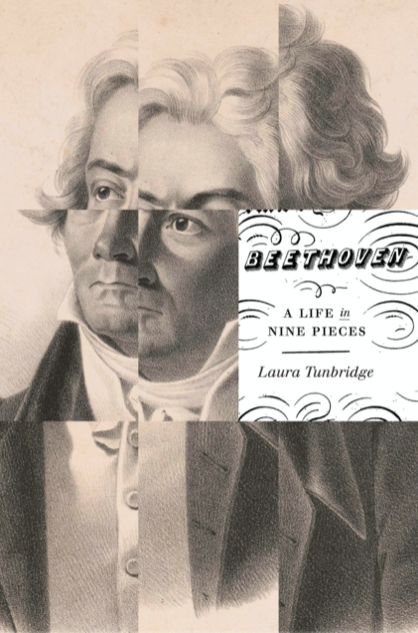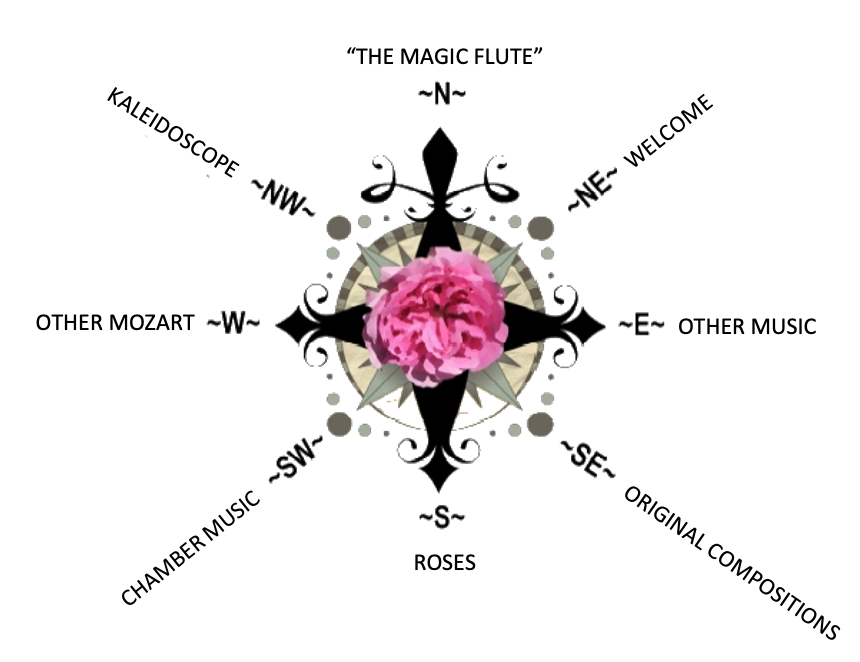- Home
- N - The Magic Flute
- NE - Welcome!
-
E - Other Music
- E - Music Genres >
- E - Composers >
-
E - Extended Discussions
>
- Allegri: Miserere
- Bach: Cantata 4
- Bach: Cantata 8
- Bach: Chaconne in D minor
- Bach: Concerto for Violin and Oboe
- Bach: Motet 6
- Bach: Passion According to St. John
- Bach: Prelude and Fugue in B-minor
- Bartok: String Quartets
- Brahms: A German Requiem
- David: The Desert
- Durufle: Requiem
- Faure: Cantique de Jean Racine
- Faure: Requiem
- Handel: Christmas Portion of Messiah
- Haydn: Farewell Symphony
- Liszt: Évocation à la Chapelle Sistine"
- Poulenc: Gloria
- Poulenc: Quatre Motets
- Villa-Lobos: Bachianas Brazilieras
- Weill
-
E - Grace Woods
>
- Grace Woods: 4-29-24
- Grace Woods: 2-19-24
- Grace Woods: 1-29-24
- Grace Woods: 1-8-24
- Grace Woods: 12-3-23
- Grace Woods: 11-20-23
- Grace Woods: 10-30-23
- Grace Woods: 10-9-23
- Grace Woods: 9-11-23
- Grace Woods: 8-28-23
- Grace Woods: 7-31-23
- Grace Woods: 6-5-23
- Grace Woods: 5-8-23
- Grace Woods: 4-17-23
- Grace Woods: 3-27-23
- Grace Woods: 1-16-23
- Grace Woods: 12-12-22
- Grace Woods: 11-21-2022
- Grace Woods: 10-31-2022
- Grace Woods: 10-2022
- Grace Woods: 8-29-22
- Grace Woods: 8-8-22
- Grace Woods: 9-6 & 9-9-21
- Grace Woods: 5-2022
- Grace Woods: 12-21
- Grace Woods: 6-2021
- Grace Woods: 5-2021
- E - Trinity Cathedral >
- SE - Original Compositions
- S - Roses
-
SW - Chamber Music
- 12/93 The Shostakovich Trio
- 10/93 London Baroque
- 3/93 Australian Chamber Orchestra
- 2/93 Arcadian Academy
- 1/93 Ilya Itin
- 10/92 The Cleveland Octet
- 4/92 Shura Cherkassky
- 3/92 The Castle Trio
- 2/92 Paris Winds
- 11/91 Trio Fontenay
- 2/91 Baird & DeSilva
- 4/90 The American Chamber Players
- 2/90 I Solisti Italiana
- 1/90 The Berlin Octet
- 3/89 Schotten-Collier Duo
- 1/89 The Colorado Quartet
- 10/88 Talich String Quartet
- 9/88 Oberlin Baroque Ensemble
- 5/88 The Images Trio
- 4/88 Gustav Leonhardt
- 2/88 Benedetto Lupo
- 9/87 The Mozartean Players
- 11/86 Philomel
- 4/86 The Berlin Piano Trio
- 2/86 Ivan Moravec
- 4/85 Zuzana Ruzickova
-
W - Other Mozart
- Mozart: 1777-1785
- Mozart: 235th Commemoration
- Mozart: Ave Verum Corpus
- Mozart: Church Sonatas
- Mozart: Clarinet Concerto
- Mozart: Don Giovanni
- Mozart: Exsultate, jubilate
- Mozart: Magnificat from Vesperae de Dominica
- Mozart: Mass in C, K.317 "Coronation"
- Mozart: Masonic Funeral Music,
- Mozart: Requiem
- Mozart: Requiem and Freemasonry
- Mozart: Sampling of Solo and Chamber Works from Youth to Full Maturity
- Mozart: Sinfonia Concertante in E-flat
- Mozart: String Quartet No. 19 in C major
- Mozart: Two Works of Mozart: Mass in C and Sinfonia Concertante
- NW - Kaleidoscope
- Contact
Reading Recommendations
Beethoven: A Life in Nine Pieces by Laura Tunbridge
Hardcover- October 26, 2020
A major new biography published for the 250th anniversary of Beethoven’s birth, offering a fresh, human portrayal
“Illuminating. . . . Tunbridge’s pithy A Life in Nine Pieces is different and welcome: a biography presented through the focus of nine different compositions.”—Fiona Maddocks, The Guardian
“Rewarding. . . . A lot of information is packed into her musical portraits.”—Richard Fairman, Financial Times
The iconic image of Beethoven is of him as a lone genius: hair wild, fists clenched, and brow furrowed. Beethoven may well have shaped the music of the future, but he was also a product of his time, influenced by the people, politics, and culture around him. Oxford scholar Laura Tunbridge offers an alternative history of Beethoven’s career, placing his music in contexts that shed light on why particular pieces are valued more than others, and what this tells us about his larger-than-life reputation. Each chapter focuses on a period of his life, a piece of music, and a revealing theme, from family to friends, from heroism to liberty. We discover, along the way, Beethoven’s unusual marketing strategies, his ambitious concert programming, and how specific performers and instruments influenced his works. This book offers new ways to understand Beethoven and why his music continues to be valued today.
“Illuminating. . . . Tunbridge’s pithy A Life in Nine Pieces is different and welcome: a biography presented through the focus of nine different compositions.”—Fiona Maddocks, The Guardian
“Rewarding. . . . A lot of information is packed into her musical portraits.”—Richard Fairman, Financial Times
The iconic image of Beethoven is of him as a lone genius: hair wild, fists clenched, and brow furrowed. Beethoven may well have shaped the music of the future, but he was also a product of his time, influenced by the people, politics, and culture around him. Oxford scholar Laura Tunbridge offers an alternative history of Beethoven’s career, placing his music in contexts that shed light on why particular pieces are valued more than others, and what this tells us about his larger-than-life reputation. Each chapter focuses on a period of his life, a piece of music, and a revealing theme, from family to friends, from heroism to liberty. We discover, along the way, Beethoven’s unusual marketing strategies, his ambitious concert programming, and how specific performers and instruments influenced his works. This book offers new ways to understand Beethoven and why his music continues to be valued today.
Lodge Liberté: A Light in the Darkness by Alexander P. Herbert
Paperback- January 17, 2020
At its height in 1944, the Esterwegen concentration camp housed over two thousand political prisoners from occupied Europe. Among them was a small band of Belgian Freemasons who, by chance or providence, found themselves assigned to the same barrack. In the midst of these terrible conditions, they came together to form the secret Masonic Lodge Liberté chérie. Years of painstaking research and translation have yielded, for the first time, a comprehensive telling of these events for English readers. It is a story that transcends personal differences and the borders of Masonic jurisdiction. This camaraderie and compassion laid the foundation for the most important work in the history of the world's oldest Fraternity.
Choose Your Direction
The Magic Flute, II,28.




